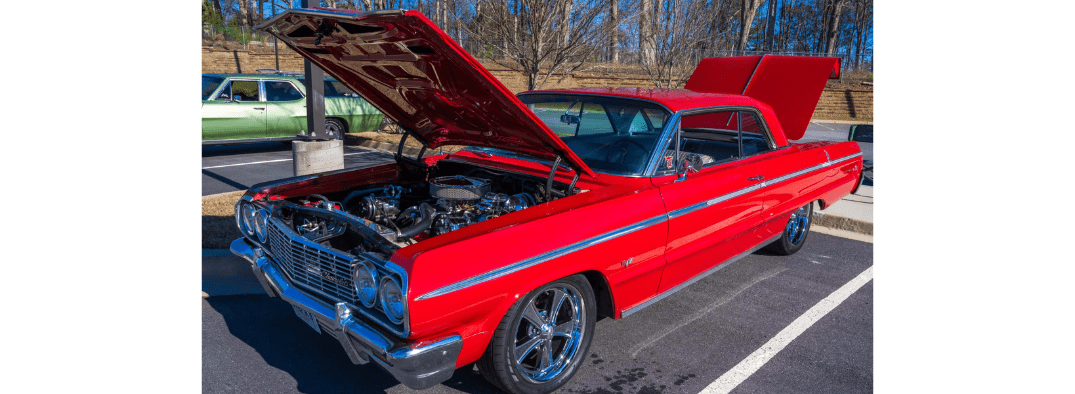
What sets classic car insurance apart from standard auto insurance? Classic car insurance provides several distinct advantages compared to everyday driver or “regular” insurance.
Classic Car Insurance vs. Regular Car Insurance: FAQs
Q: I own a classic car. Isn’t regular car insurance enough?
A: Regular car insurance might cover your classic car, but it often falls short in keyways. Classic car insurance offers several benefits specifically designed for these cherished vehicles.
Q: How are the premiums different?
A: Classic car insurance typically has lower premiums (around 21% less) compared to daily driver insurance. This reflects the understanding that classic cars are driven less often and with more care.
Q: How does payout work in a total loss situation?
A: Regular car insurance typically uses actual cash value which considers depreciation. This means you might receive less than your classic car’s true worth. Classic car insurance offers agreed value coverage. You and your insurer agree on the car’s value beforehand, ensuring a fair payout in case of a total loss.
Q: Can I drive my classic car as much as I want with classic car insurance?
A: Classic car insurance often features no fixed mileage limits. This allows for flexible usage compared to regular car insurance, which might have restrictions on how often you can drive your classic.
Classic car insurance is essential for protecting vintage vehicles due to their unique value and usage. Unlike regular auto insurance, classic car insurance considers factors like the vehicle’s age, rarity, and limited usage, providing specialized coverage tailored to the needs of classic car owners. This insurance offers benefits such as agreed-upon value coverage, which ensures the vehicle’s full value in the event of a total loss, as well as flexible usage restrictions and coverage for restoration costs. Overall, classic car insurance safeguards these cherished vehicles against risks that standard policies may not adequately address.

